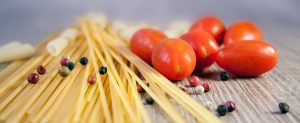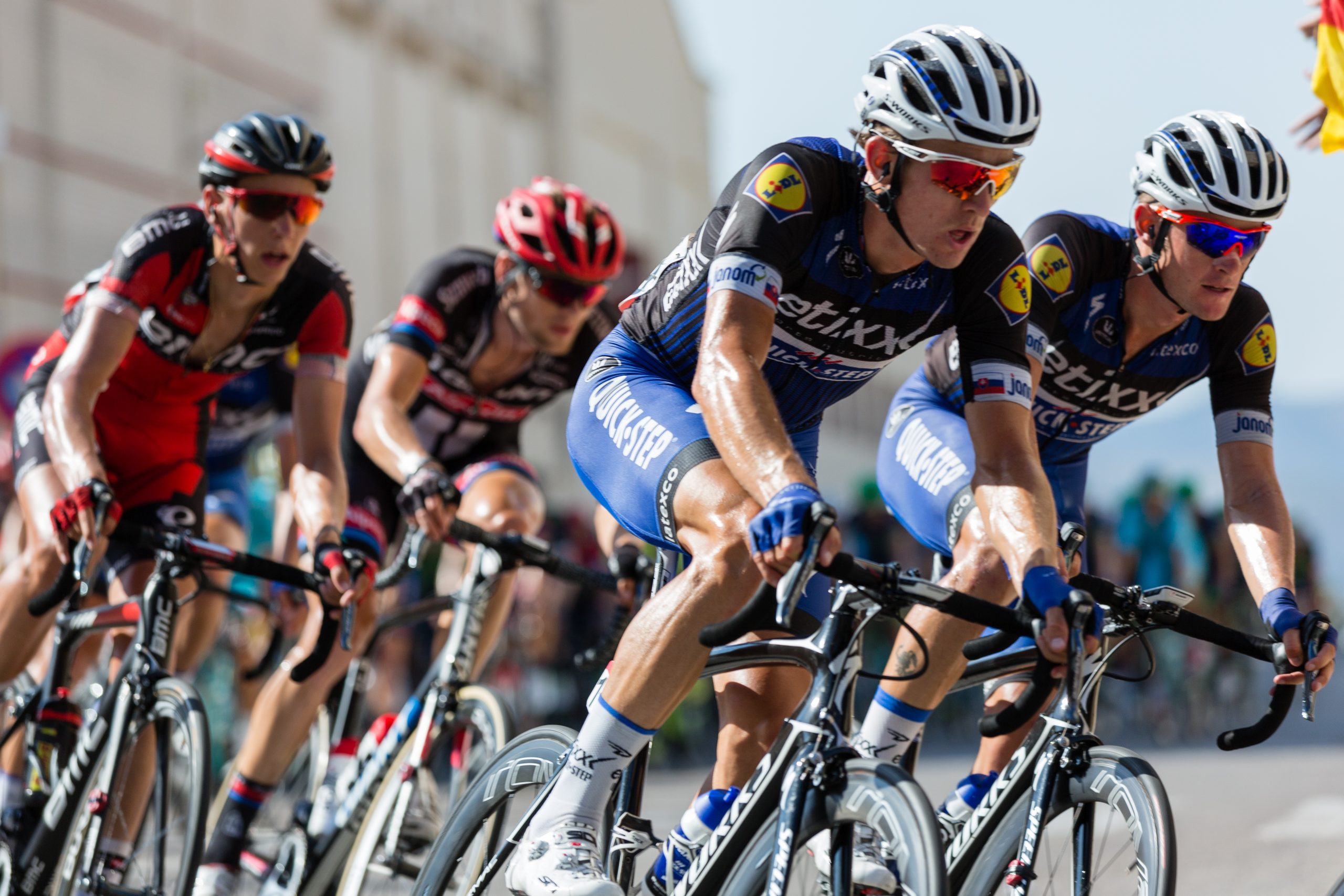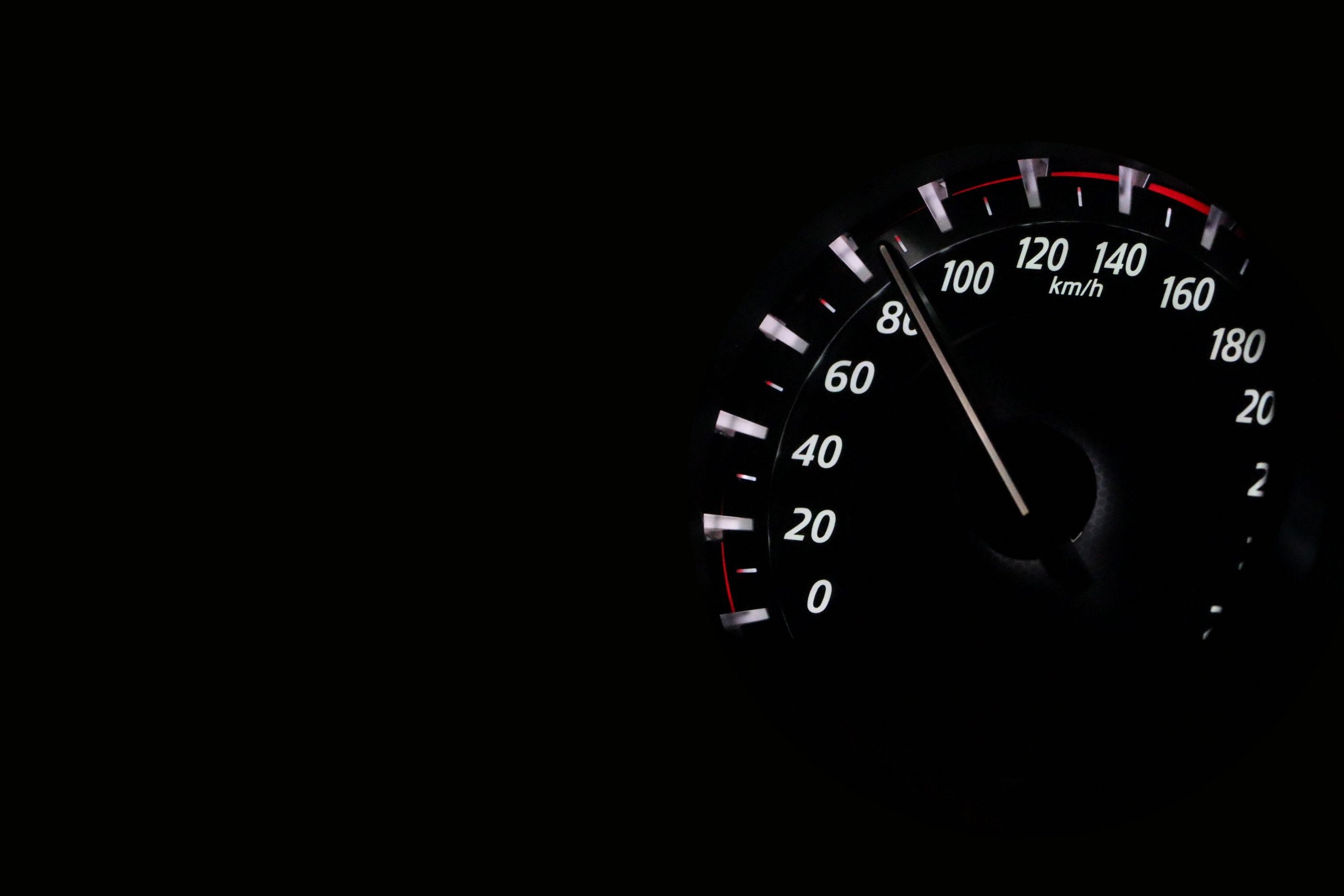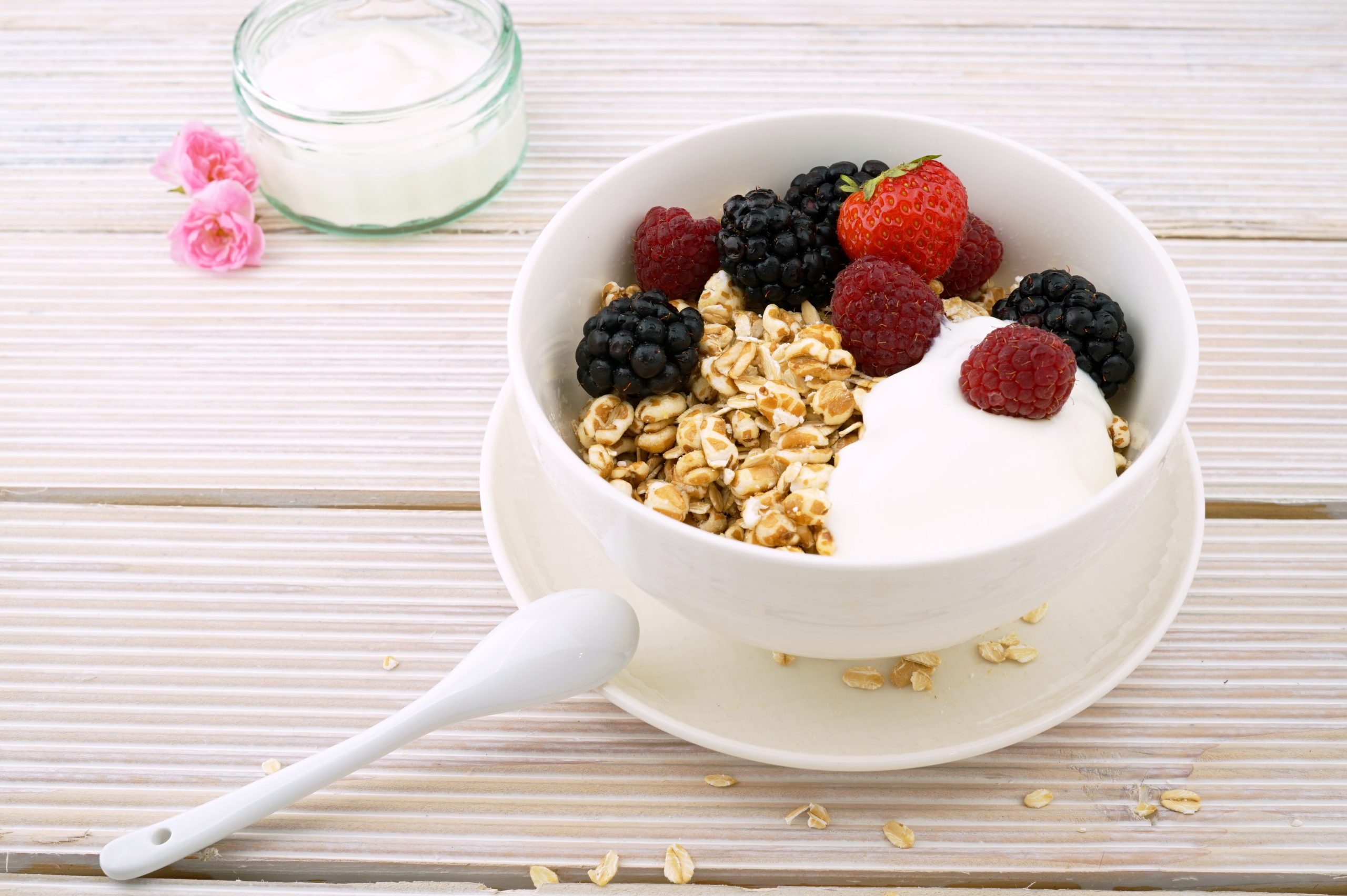Fuelling for Competition
 We’ve all seen it before, the caring mom or dad passing around a box of Timbits to the players in the locker room. All in an attempt to give them energy for that big game. Yet, they see their players slog around the ice as the opposing team speeds past them. What happened?
We’ve all seen it before, the caring mom or dad passing around a box of Timbits to the players in the locker room. All in an attempt to give them energy for that big game. Yet, they see their players slog around the ice as the opposing team speeds past them. What happened?
Knowing what to eat and when to eat for sports can be a huge advantage for all athletes, regardless of age. Yet, with all the information available to us, it really can seem like a daunting task. But with a little preparation, we can make it very simple! Here are a few rules to fuel like a champion.
- Why did that ‘Timbit’ not work to give our youngster the energy they needed? It’s full of sugar, and we’ve all heard that our muscles need sugar, right? Well, when we ingest food, especially those high in sugar, insulin gets released into the bloodstream. Insulin is the stuff that takes the absorbed sugar and gets it stored for later use. The problem is, when insulin gets released in the bloodstream, it really does a good job at this and for a period of time, you experience what is known as a ‘hypoglycemic’ reaction. There is actually less glucose (sugar broken down) in the blood and therefore less available for the muscles to use. Not to worry though, this only lasts for about 30 minutes. When we give at Timbit in the locker room, we’re actually giving our kids less energy to work with.
- Of course, the Timbit isn’t exactly ‘high nutrition’ either. Maintaining a healthy diet, eating high-carbohydrate meals leading up to competition, maintaining proper fuel throughout performance and planning for recovery nourishment is essential.

- Studies recommend that a light, high-carbohydrate meal be consumed 3-hours before the event. This can include cereal with fruit, pasta, sandwiches or fruit salad with yogurt. This gives more than an adequate amount of time for our body to do what it needs to store that energy our young athletes need to perform at their best.
- No sooner than one hour before the event, players can consume a small amount high-carbohydrate snack like fruit, yogurt, cereal bars or a sports drink. But, the rule of thumb is to ingest nothing but water within one hour prior to competition.
- During the event staying hydrated in super important. Dehydration has bad health effects and reduces performance. The general rule of thumb is that for an exercise session or game that last one hour or less, only water in necessary. With prolonged bouts of exercise, sports drinks can be used to replace electrolytes such as sodium or potassium.
- Finally, don’t forget recovery. It is at this time the body needs fuel to restore what it has lost in order to repair muscles and prevent injury and muscle soreness. Studies show that food consumed within 30 minutes of exercising will have a significant effect on muscle recovery. A snack that contains carbohydrates (restores muscle glycogen – the storage form of glucose) and protein (repairs damaged muscle fibres) is suggested. This could be as easy as a peanut-butter/jam sandwich or 500ml of chocolate milk. Check out the table below for some easy suggestions to include in your nutritional planning.
Quick Guide
- Cereal with fruit
- Waffles with fruit and syrup
- Pasta with tomato sauce
- Fruit salad with yogurt
- Fruit Smoothie
- Yogurt
- Banana
- Oatmeal
- Cereal bar
- Sports drink
- Water
- Sports drink
- Energy gels
- Cut up energy bar
- Peanut butter/jam sandwich
- Chocolate milk
- Orange juice
- Cereal with milk
- Energy bar
Resources:
Burke, L.M. Nutrition for the Beautiful Game. International Journal of Sport Nutrition. 16(3) 2006 pp. 332-336.
Clark, N. Sports Nutrition Guidebook. 3rd Ed. Human Kinetics: Champlain, Ill. 2003.
Dieticians of Canada. What should I eat and drink before, during and after endurance exercise? Dieticians of Canada. November 2013
Eat Right Ontario. Sports Nutrition: Facts on Carbohydrate, Fat and Protein. Retrieved September 2016.
Meeroff, J.C., Healthy eating, better results. Soccer Journal. Nov/Dec 2006, pp. 47-50.
Williams, C. and L. Serratosa. Nutrition on match day. Journal of Sports Sciences. 24(7) July 2006, pp. 687-697.



